

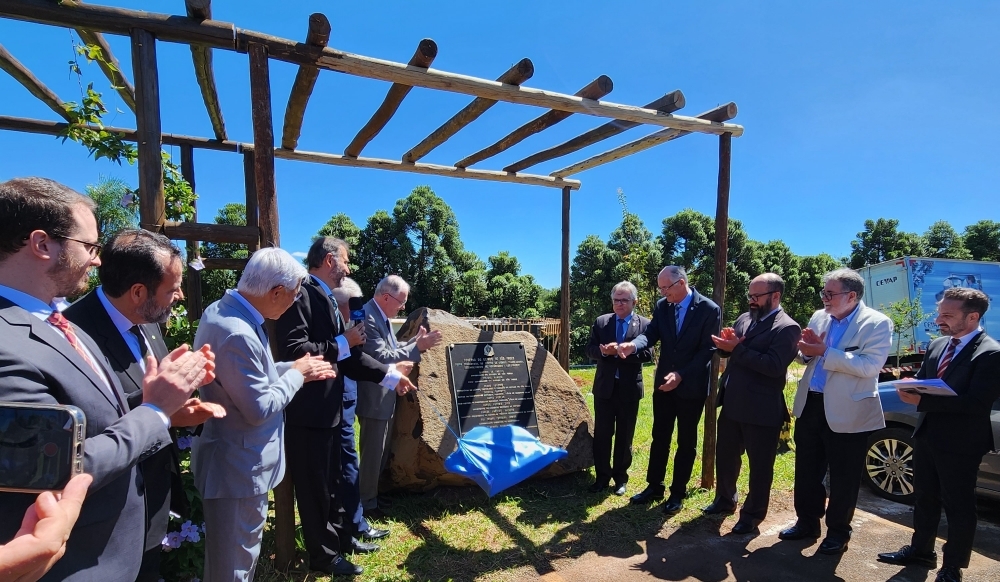
With the support of FAPESP’s Science for Development Center Program, the unit hosted by São Paulo State University will produce pilot batches of candidate biopharmaceuticals and vaccines for clinical trials. The aim is to help researchers and startups survive the “valley of death” in clinical research.

Agreement simplifies design of new instruments and tools for collaboration between researchers in São Paulo and the United States.
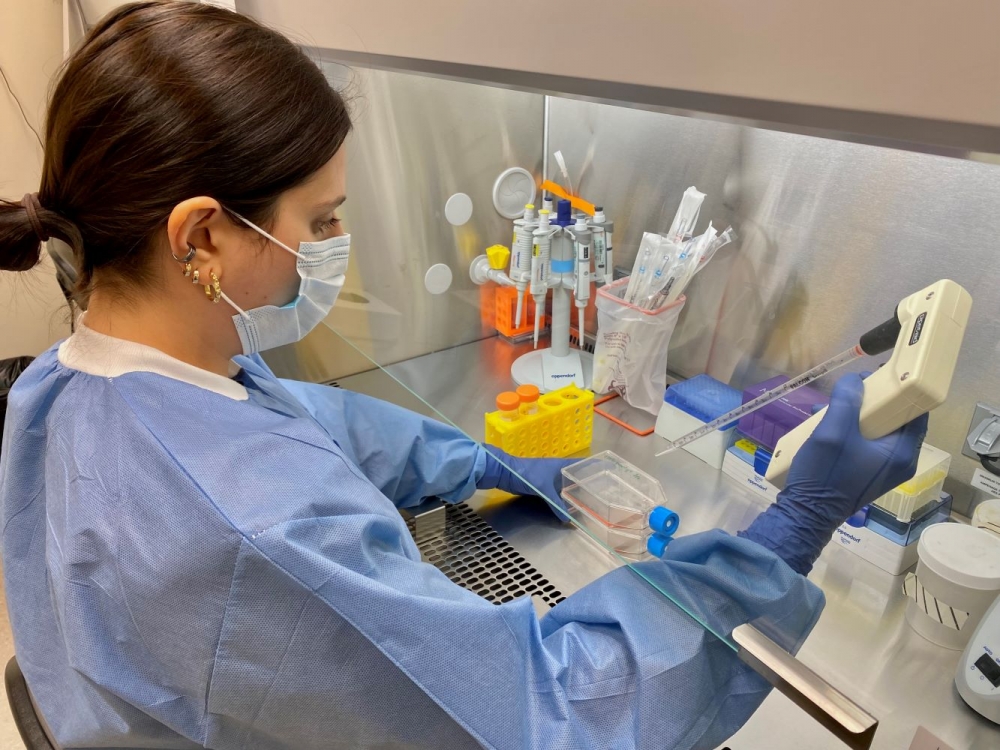
Researchers at the University of São Paulo analyzed placental samples from women with and without obesity who contracted the infection while pregnant. The results show that maternal overweight can compromise the placenta’s immune response and impair fetal protection.
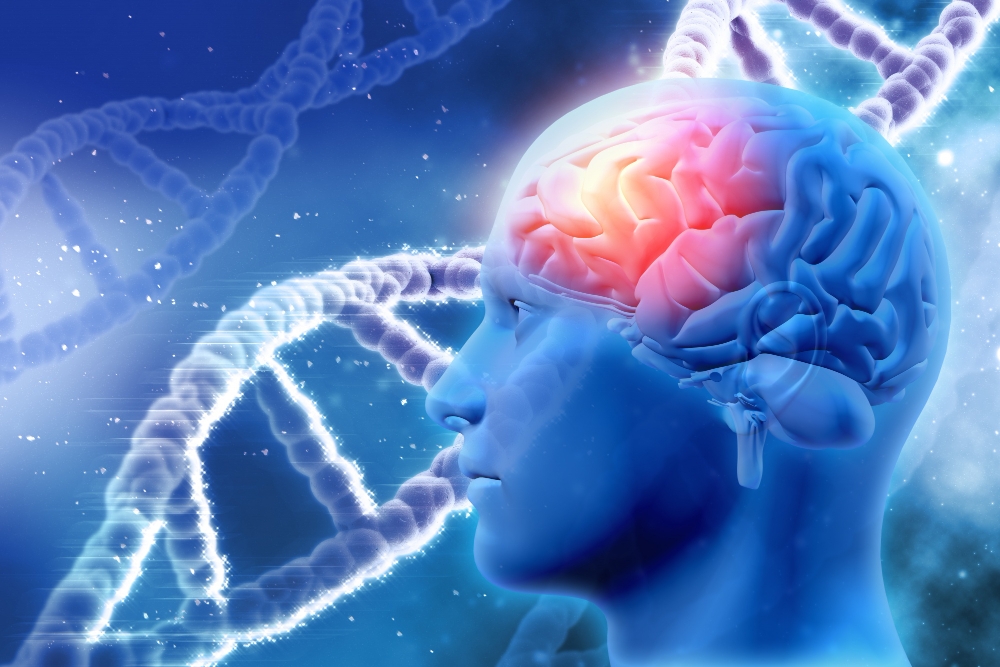
Working at the University of São Paulo in Brazil, the researchers used epigenetics to study the mechanism, which could be associated with pathologies such as Alzheimer’s. The discovery expands scientists’ knowledge of the central nervous system.
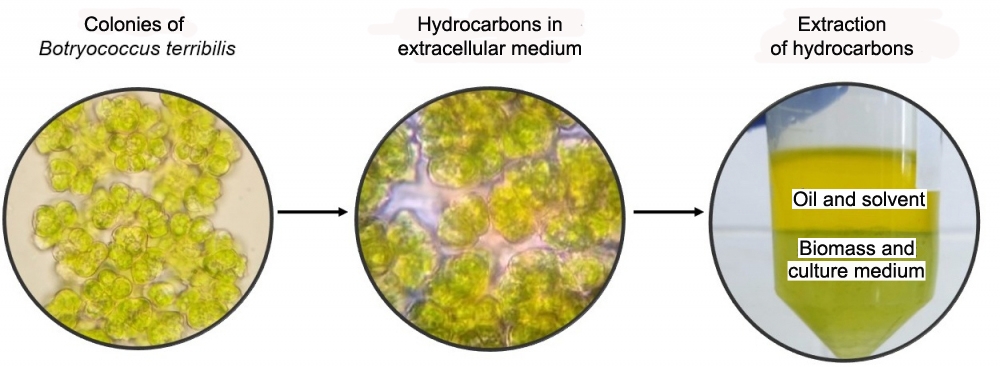
The aim was to compare the effects of different cultivation systems on growth and productivity of the species Botryococcus terribilis. In one experiment, production of lipid and hydrocarbon increased 49% and 29% respectively.

A memorandum of understanding was signed in Paris by the heads of FAPESP, ANRS and INSERM. Creation of Institut Pasteur de São Paulo, to be hosted by the University of São Paulo with more than 80 researchers, was also formalized in the French capital.
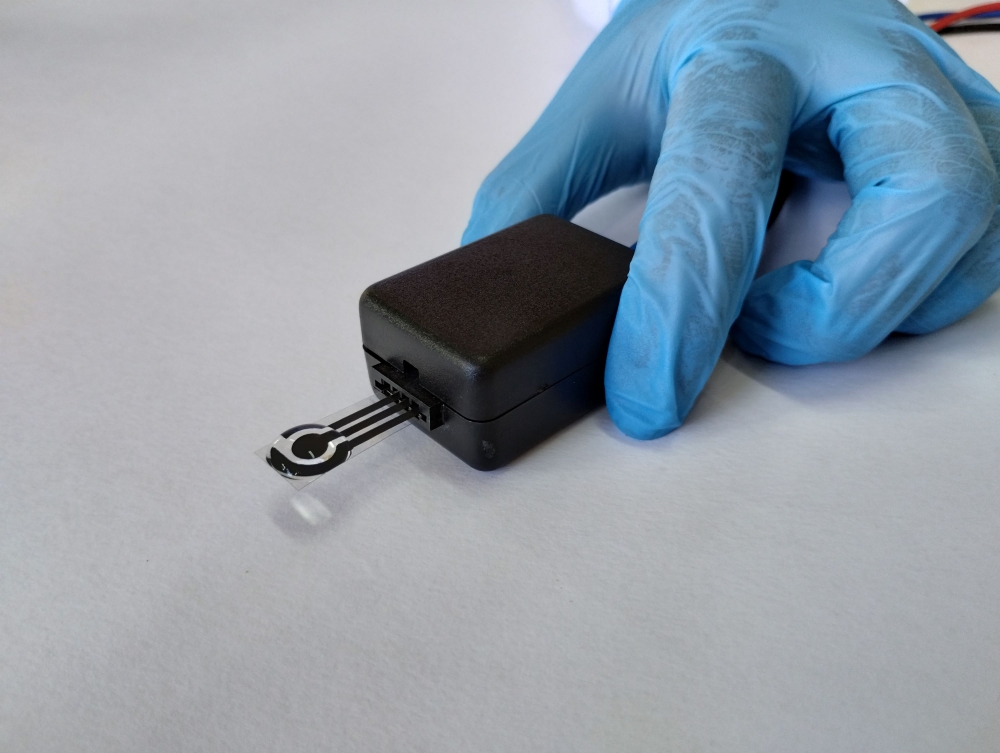
Developed at the University of São Paulo, the device permits corrections to the dosage of the analgesic to improve its efficacy according to the patient’s profile and avoid toxic side effects or overdose.
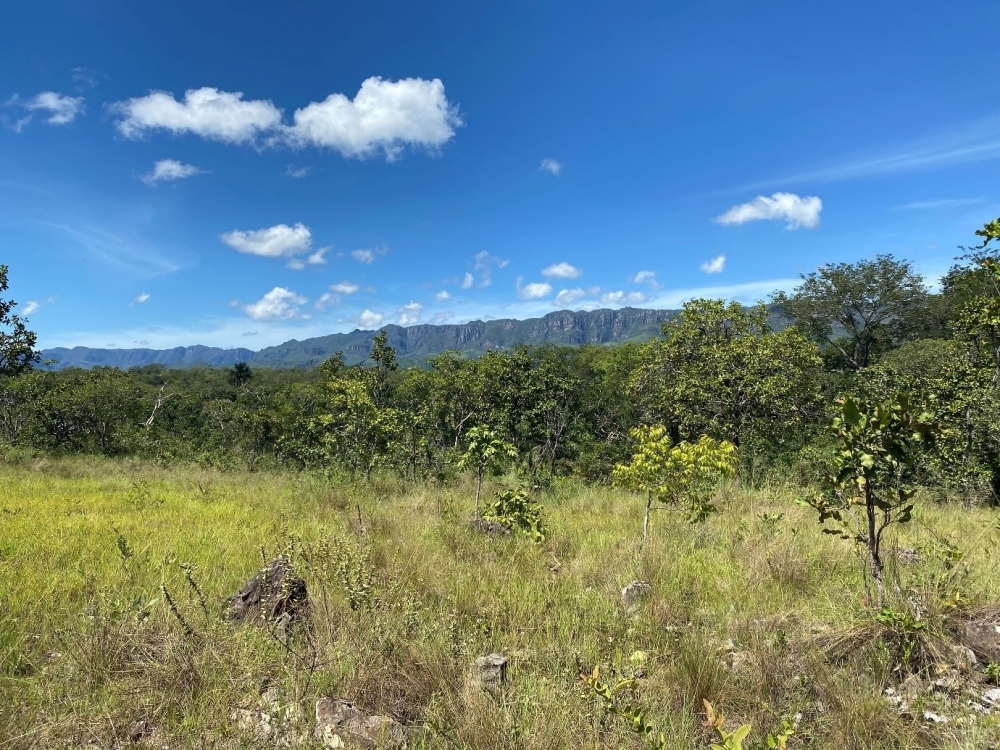
The mechanism has resulted from evolution over millions of years to protect the buds that enable plants to survive fire. A study conducted in an environmental protection unit in São Paulo state (Brazil) can contribute to strategies for mitigating the effects of climate change.
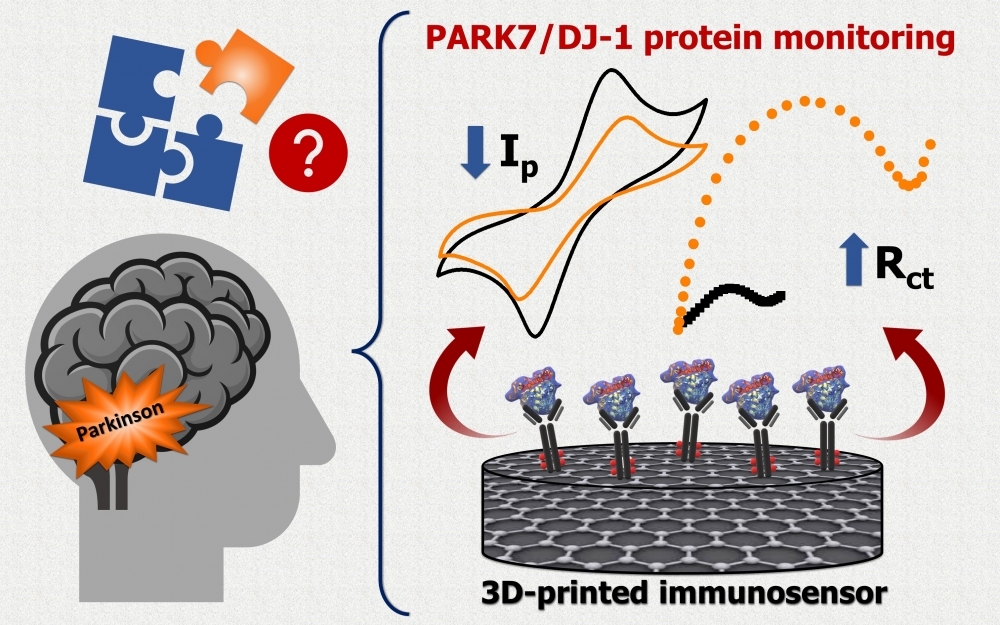
The device, produced by ordinary 3D printing and capable of being miniaturized, detects levels of the protein PARK7/DJ-1, which is associated with the disease. The study used samples of blood serum and cerebrospinal fluid.

A study by a group at the University of São Paulo reported in a scientific journal involved the construction of a database and models. Preliminary results are described in the article.
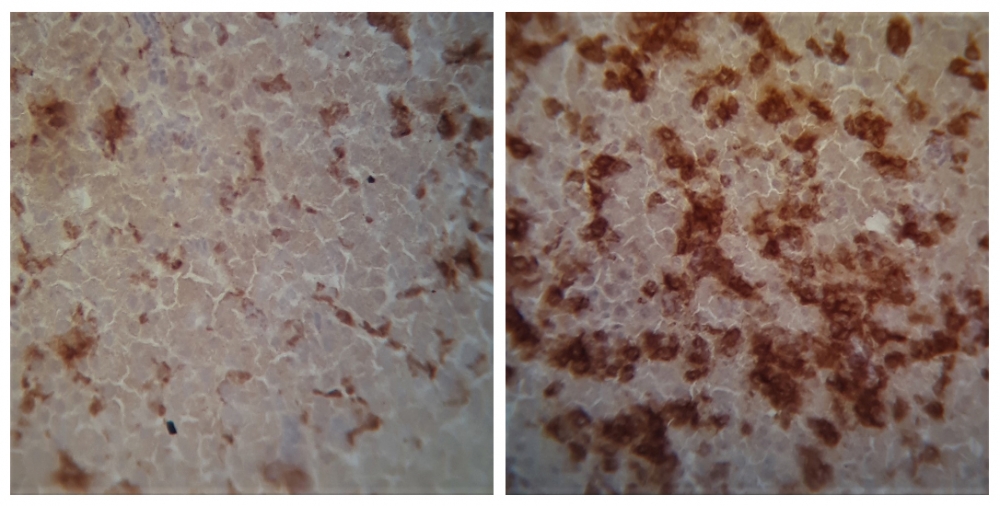
Deletion of two genes, which in mice attenuated the action of the bacteria, made the immune response more exacerbated in broiler chicks. The findings reinforce the need for animal health and hygiene measures throughout the poultry production chain.

The finding is from a longitudinal study conducted in Brazil. Analyzing data for high school students aged 13-18, it concluded that the problem affects girls more than boys and is associated with physical inactivity and low academic achievement.
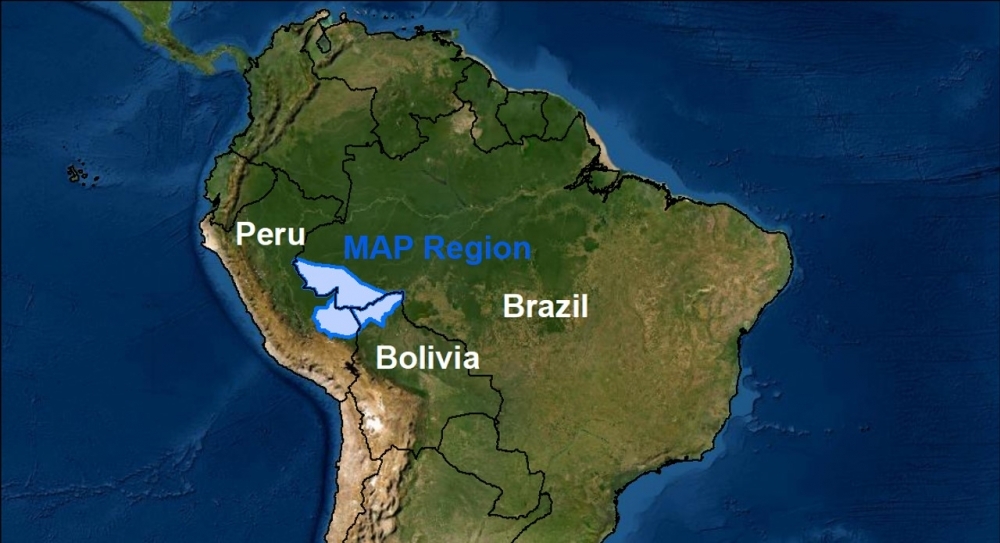
A lack of community involvement impairs fire control programs in the region known as MAP, between Madre de Dios (Peru), Acre (Brazil) and Pando (Bolivia).
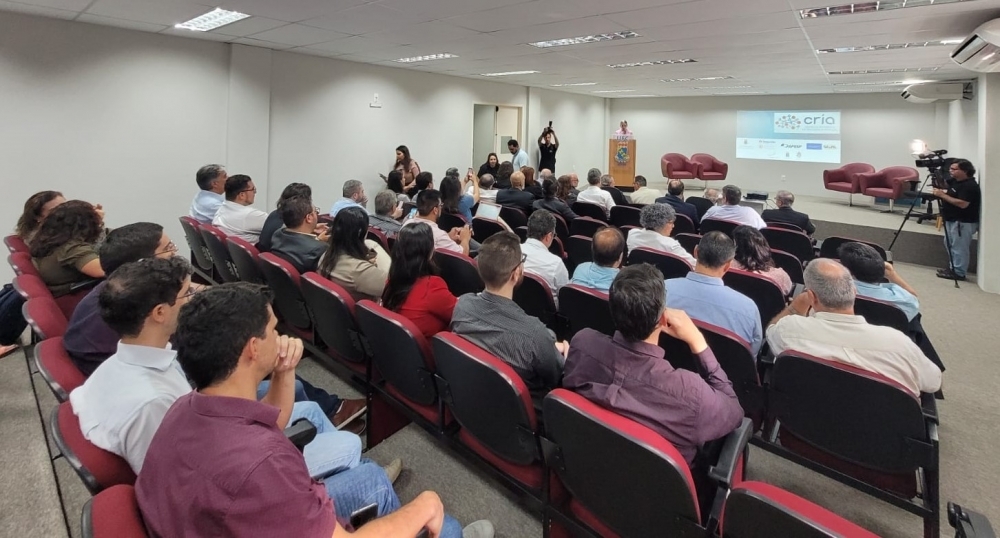
The center will be hosted by the Federal University of Ceará and will focus on the use of the Internet of Things, big data, digital transformation and cutting-edge technology in prevention, diagnosis and low-cost therapies.

Addition of rosmarinic acid at a mere 0.1% reduced the amount of sunscreen needed to protect the skin, increased the sun protection factor by more than 41% and combined photoprotection with antioxidant activity. The innovation would reduce the volume of chemical substances discharged into the environment.
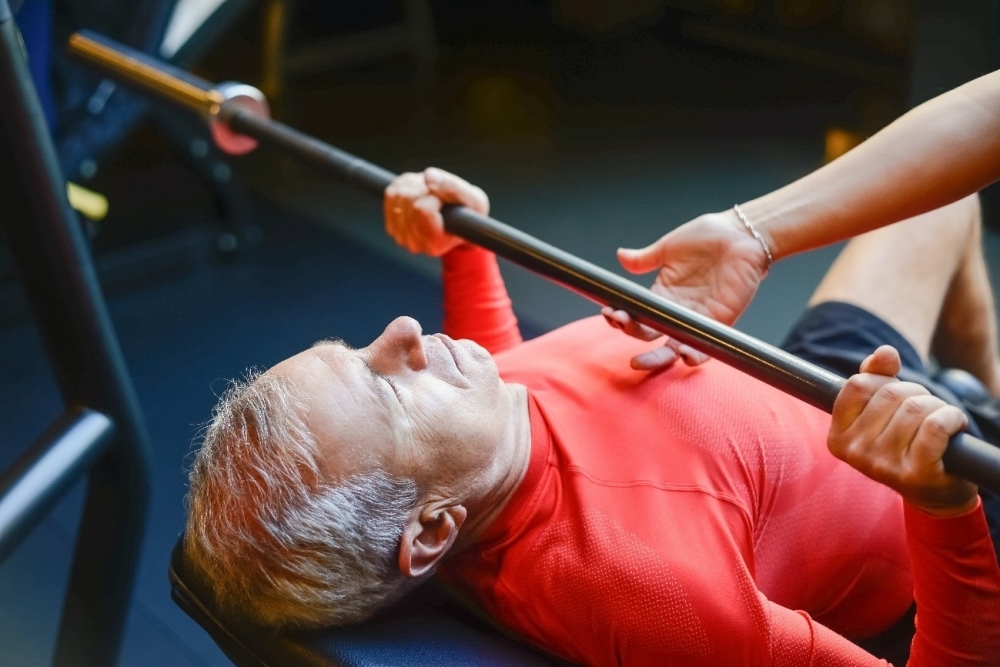
This conclusion, presented by Brazilian researchers in the journal Scientific Reports, is based on a systematic review of clinical trials held to investigate the effect of strength training on blood pressure in hypertensive patients. All age groups benefited, but the positive effects were most evident in patients aged 50 or less.

A review of the literature shows that 15% of articles published between 1960 and 2021 focused on only ten species, while no articles at all were published on almost 40% of all species. Research efforts tend to be biased toward large-bodied animals and species native to wealthier countries, among other factors that should be taken into consideration when planning future studies, according to the authors.

Established by FAPESP and Embraer at the Aeronautical Technology Institute (ITA), ERC-AMF will conduct research on innovative topics with the potential to contribute to the competitiveness of Brazil’s aerospace industry.

With the support of FAPESP and Banco Industrial do Brasil, the National Center for Research and Innovation in Mental Health (CISM) was launched at an event held on March 15.

Experiments involving nematode worms conducted by researchers at the University of São Paulo showed that the benefits of physical activity to muscles are directly linked to processes occurring in mitochondria, the organelles that make energy for cells. Their findings offer possible routes for drug development.
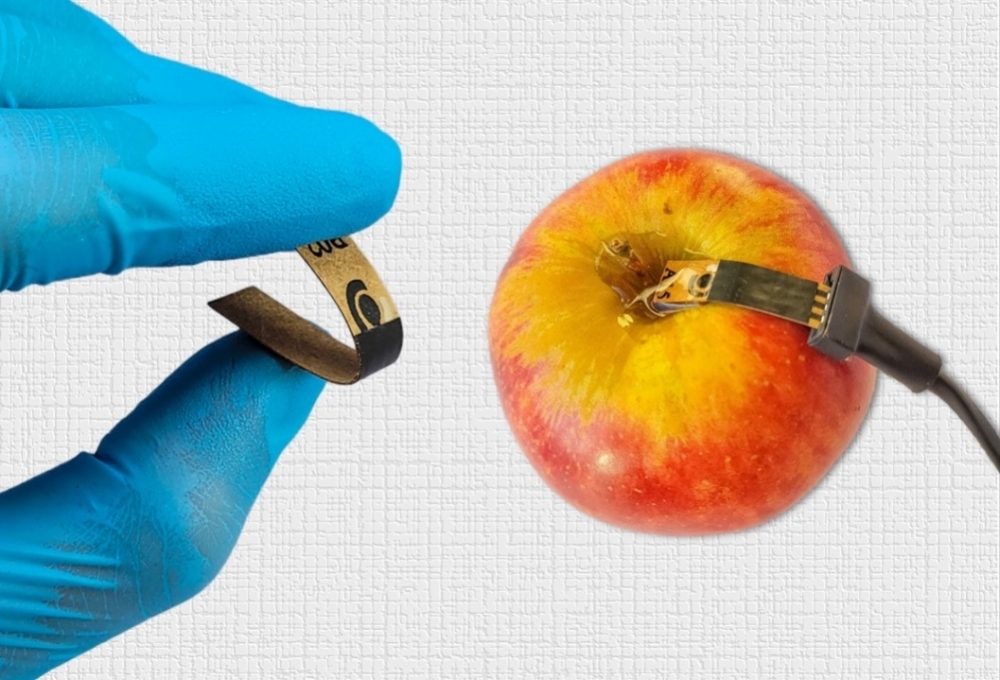
A device developed at the University of São Paulo resembles the glucometer used by diabetics to measure blood sugar: when it comes into contact with the surface of a fruit or vegetable, it detects and quantifies any traces of carbendazim, a fungicide in widespread use in Brazil despite being banned.
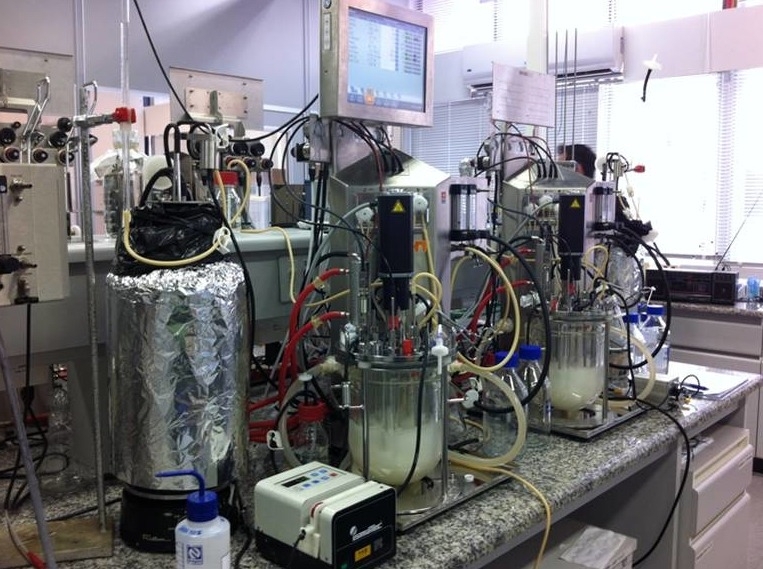
Brazilian researchers identified the genes that make the industrial yeast strain Saccharomyces cerevisiae SA-1 resistant to fermentation inhibitors generated during sugarcane bagasse preprocessing. The discovery will be useful as a basis for metabolic engineering of the microorganism.
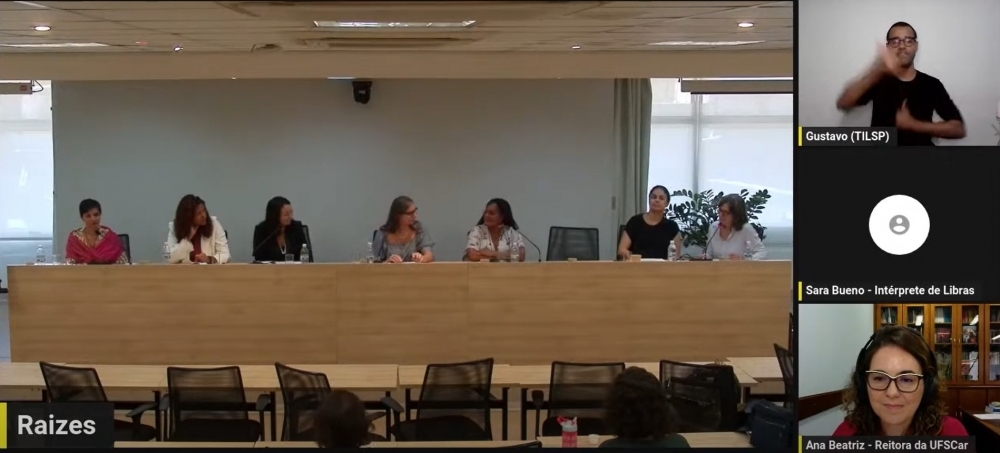
Rectors, vice-rectors, pro-rectors and heads of department at universities in São Paulo state established Rede Equidade as a force for formulating and promoting equity programs that take into account the links between gender and other differences and inequalities.
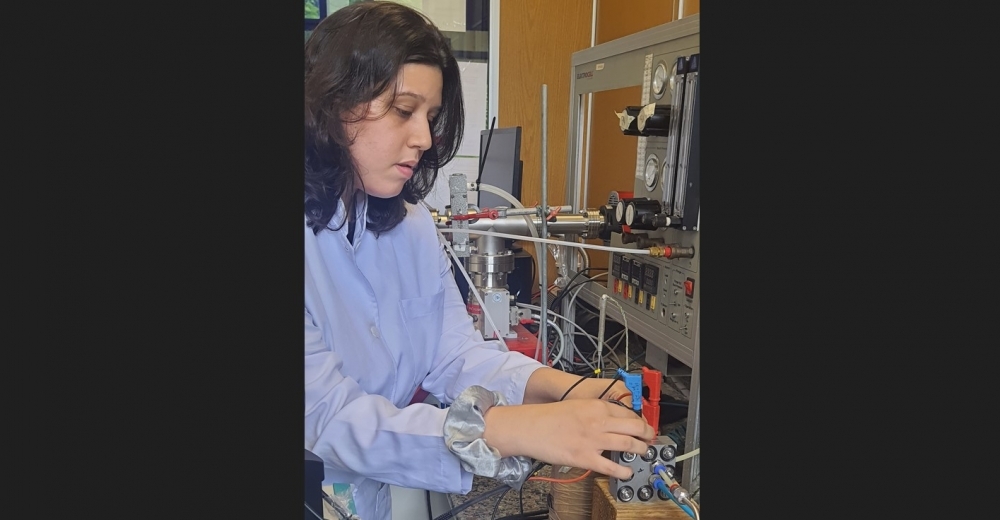
Annual production of NH3, the world’s most synthesized molecule, totals 1.2 million metric tons. Its successful use in fuel cells will boost demand.
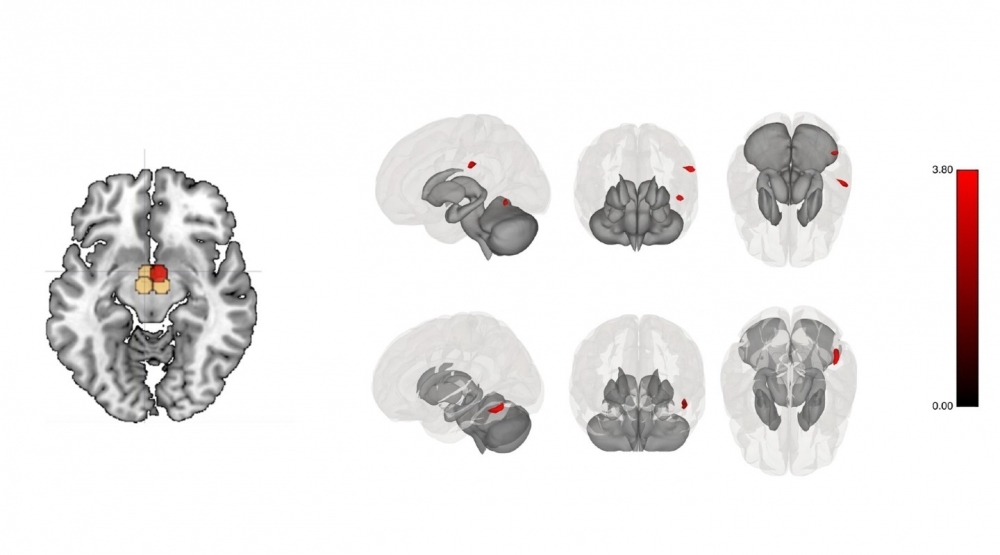
In a study conducted in São Paulo, Brazil, exercise training increased connectivity between the hypothalamus and sensory regions, accelerating satiety, for example.